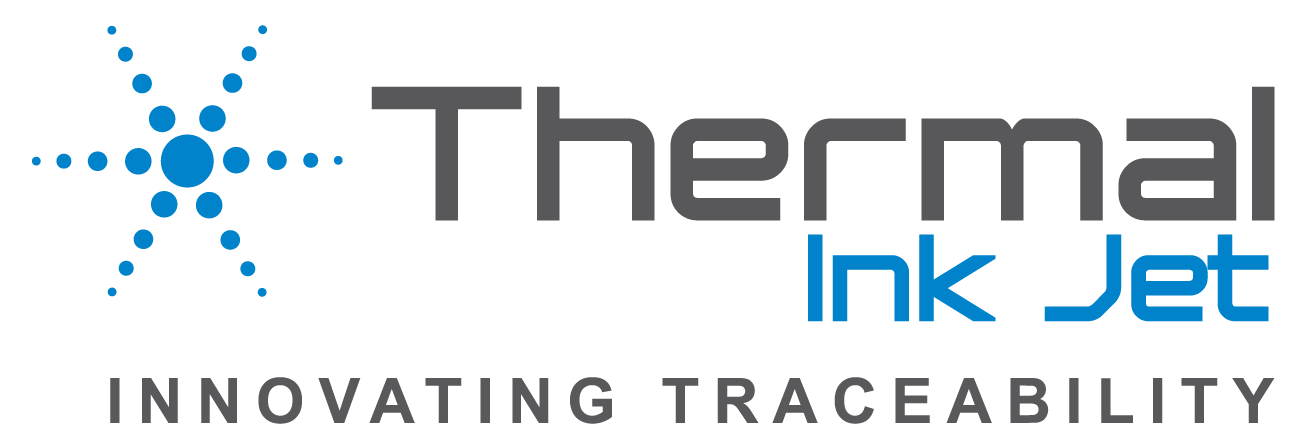Introduction
Traceability solutions are no longer just regulatory requirements—they are strategic investments that drive efficiency, reduce risks, and unlock financial opportunities for businesses. In today’s competitive landscape, companies across industries are adopting traceability systems to streamline operations and enhance their bottom line. In this blog, we explore the economic benefits of traceability solutions and why they are essential for modern businesses.
Why Traceability Matters
Traceability refers to the ability to track a product’s journey through the supply chain, from raw materials to the end consumer. Beyond regulatory compliance and consumer transparency, traceability offers several economic benefits:
- Reduced Operational Risks: Minimize product recalls, contamination issues, and fraud.
- Enhanced Supply Chain Efficiency: Improve inventory management and logistics.
- Improved Consumer Trust: Build brand loyalty through transparency and accountability.
Financial Advantages of Traceability Solutions
- Risk Mitigation and Cost Savings
Investing in traceability systems allows companies to identify and address potential issues early. Whether it’s a defective batch of products or contamination in the food supply chain, traceability reduces the costs associated with:
- Product recalls
- Regulatory fines
- Legal disputes
For example, a company that can quickly trace a contaminated food product can save millions by isolating the issue rather than recalling an entire product line.
- Operational Efficiency
Traceability systems streamline supply chain operations by:
- Improving inventory accuracy
- Reducing waste
- Optimizing logistics and transportation
For instance, real-time tracking through QR codes or RFID tags ensures timely deliveries and reduces bottlenecks, saving time and money.
- Brand Reputation and Market Advantage
Transparency builds consumer trust. Companies that demonstrate accountability and compliance can charge premium prices, expand market share, and strengthen customer loyalty. Brands with traceability systems are often preferred by regulators, retailers, and environmentally conscious consumers.
- Data-Driven Decision Making
Traceability systems generate valuable data on supply chain performance, helping businesses:
- Identify inefficiencies
- Forecast demand more accurately
- Optimize production schedules
This leads to better resource allocation and cost savings in the long run.
- Increased Revenue Opportunities
Traceability opens doors to new markets with strict compliance standards, such as the EU and US. It also supports certification programs like organic, sustainable, or fair trade, allowing companies to tap into high-value markets.
Case Studies: The Economic Impact of Traceability
Food Industry:
A global food manufacturer reduced recall costs by 40% by implementing a blockchain-based traceability system, enabling precise identification of contaminated batches.
Pharmaceuticals:
A pharmaceutical company adopted serialization to comply with the Drug Supply Chain Security Act (DSCSA), reducing counterfeit risks and saving $2 million annually in legal costs.
Textile Industry:
A garment manufacturer leveraged traceability to certify sustainable practices, resulting in a 25% increase in sales in eco-conscious markets.
Overcoming Initial Investment Challenges
While the upfront costs of implementing traceability systems can be high, the long-term savings and benefits far outweigh the initial investment. Companies can start small by adopting basic systems like barcodes and expand to more advanced solutions like IoT sensors or blockchain over time.
The Role of Technology in Traceability
Modern traceability solutions leverage cutting-edge technologies, including:
- QR Codes and Barcodes: Affordable options for real-time tracking.
- RFID Tags: Effective for inventory management and logistics.
- Blockchain: Ensures data integrity and builds trust in supply chains.
- AI and Analytics: Provides insights for optimizing operations and reducing costs.
Conclusion
Investing in traceability solutions is not just a compliance measure—it’s a strategic decision that drives economic value. By reducing risks, improving efficiency, and enhancing brand reputation, traceability systems provide a significant return on investment. As global markets evolve, businesses that adopt these solutions will be better positioned to thrive in an increasingly competitive landscape.



